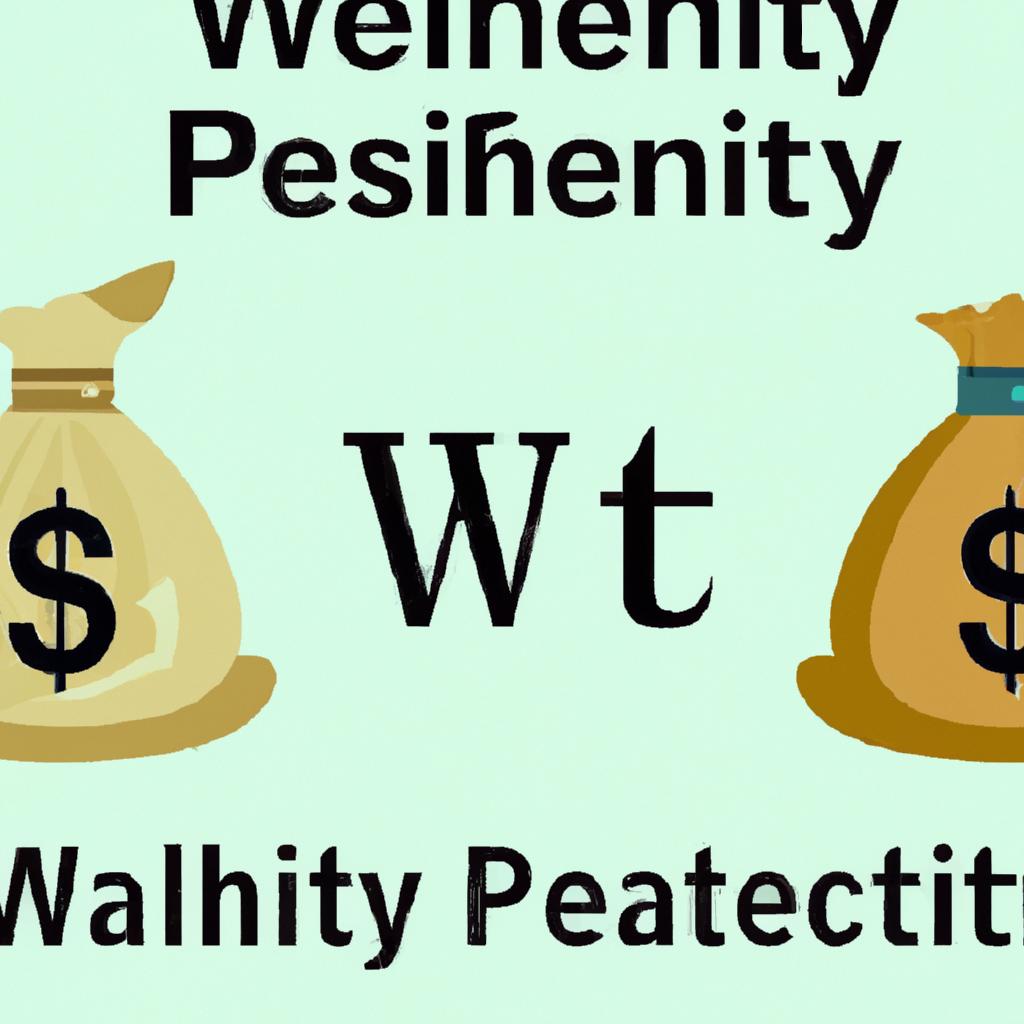Exploring the Implications of Inheriting Cash or Property
Receiving an inheritance can be a significant event with advantages and responsibilities. Whether you inherit cash or property, it is crucial to understand the impact of each type of inheritance on your financial situation. This article analyzes the benefits and drawbacks of inheriting cash versus property to assist you in making well-informed decisions about your financial future.
Cash Inheritance
When you inherit cash, it presents unique opportunities and challenges. Here are some key factors to consider:
Advantages of Cash Inheritance
- Immediate Access: Inheriting cash provides instant liquidity, enabling you to pay off debts, invest, or save for the future without delay.
- Flexibility: Cash grants you the freedom to utilize the funds as you see fit, whether it be for a significant purchase, launching a business, or securing your retirement.
- Low Maintenance: Unlike property, cash does not require ongoing upkeep or management, making it a hassle-free asset.
Drawbacks of Cash Inheritance
- Risk of Overspending: Without a clear financial plan, there is a possibility of overspending or making impulsive financial decisions with the inherited cash.
- Lower Returns: Keeping cash in a low-interest savings account may lead to its value being eroded over time due to inflation.
Property Inheritance
Receiving property as an inheritance also comes with its own set of advantages and challenges. Here are some considerations to keep in mind:
Advantages of Property Inheritance
- Potential for Appreciation: Real estate has the potential to increase in value over time, serving as a valuable asset in your financial portfolio.
- Rental Income: If the inherited property is a rental unit, it can generate passive income to supplement your earnings.
- Sentimental Value: Inheriting a family home or property can hold emotional significance and act as a lasting legacy.
Drawbacks of Property Inheritance
- Maintenance Expenses: Property ownership entails ongoing maintenance, repairs, and property taxes, which can be financially burdensome.
- Lack of Liquidity: Unlike cash, property is not easily converted into cash, limiting your financial flexibility during times of need.
- Market Volatility: Property values can fluctuate based on market conditions, potentially impacting the overall value of your inheritance.
Maximizing Your Inheritance
Here are some practical tips to make the most of your inheritance:
- Diversification: Consider diversifying your inheritance by investing in a mix of cash, property, and other assets to mitigate risk.
- Professional Guidance: Seek advice from financial experts or estate planning professionals to make informed decisions regarding your inheritance.
- Financial Planning: Develop a clear financial plan and set goals for your inheritance to optimize its long-term benefits.
Conclusion:
Deciding between inheriting cash or property involves weighing the advantages and disadvantages based on your unique circumstances and financial objectives. Regardless of your choice, it is essential to carefully evaluate the implications and seek expert advice to make the most of your inheritance. By creating a well-thought-out financial strategy, you can safeguard and grow your inheritance for future generations.
Remember, an inheritance is a valuable gift that can shape your financial future. Use it wisely and strategically to establish a lasting financial legacy.
By understanding the distinctions between inheriting cash and property, you can make informed decisions that align with your financial goals. Whether you opt for immediate liquidity and flexibility with cash or long-term potential with property, your inheritance can serve as a crucial asset in securing your financial well-being.
Inheriting Wealth: Cash vs Property – Which is the Better Inheritance
Introduction
When it comes to inheritance, one of the most common questions that beneficiaries face is whether to inherit cash or property. Both options have their own advantages and disadvantages, and the decision ultimately depends on the individual’s financial goals, needs, and circumstances. In this article, we will explore the pros and cons of inheriting cash and property and determine which option may be the better inheritance.
Benefits of Inheriting Cash
- Immediate access to funds for emergencies or investments
- No need to worry about managing a property
- Greater liquidity for diversifying investments
- Can be easily split among multiple beneficiaries
Benefits of Inheriting Property
- Potential for long-term appreciation in value
- Stable source of rental income
- Physical assets that can be passed down to future generations
- Tax benefits such as depreciation deductions
Practical Tips
When deciding between inheriting cash or property, it is important to consider the following factors:
- Evaluate your current financial situation and future goals
- Consult with a financial advisor or estate planner
- Weigh the tax implications of each option
- Consider your ability to manage and maintain a property
Case Study: John’s Inheritance
Let’s consider John, who inherited $100,000 in cash and a rental property worth $300,000. After careful consideration, John decides to sell the rental property and invest the proceeds in a diversified portfolio. Over the years, John’s investments have grown significantly, providing him with a stable source of income and long-term financial security.
Firsthand Experience
Many beneficiaries often face the dilemma of whether to inherit cash or property. In my own experience, inheriting property has been a great blessing as it has provided me with a stable source of income and financial security. However, it is important to carefully consider your own circumstances and financial goals before making a decision.
Conclusion
Ultimately, the decision between inheriting cash or property depends on individual circumstances and financial goals. Both options have their own advantages and disadvantages, and it is important to carefully weigh the pros and cons before making a decision. Consult with a financial advisor or estate planner to determine which option may be the better inheritance for you.


